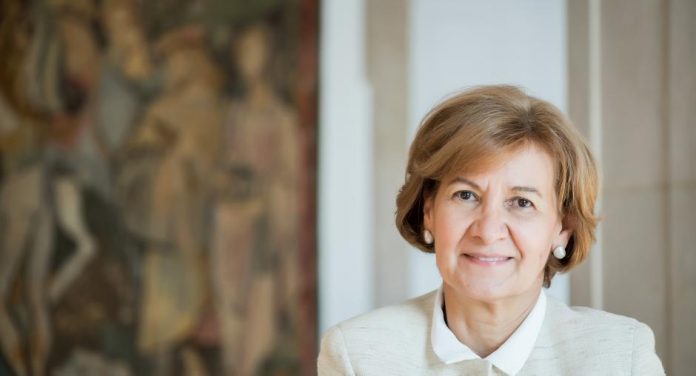As the Russian authorities continue to seriously infringe the right to freedom of expression and media freedom in the context of the country’s military attack against Ukraine, the OSCE Representative on Freedom of the Media, Teresa Ribeiro, today made the following statement.
“I remain extremely alarmed at the continuing denigration, stigmatization, intimidation and threats towards the media and journalists by the Russian public authorities. These practices are in strong breach of OSCE commitments on freedom of expression and media freedom and must stop,” Ribeiro said. “I again call on the Russian authorities to fully implement all their relevant international obligations and commitments, including by respecting, promoting and protecting the freedom to seek, receive and impart information regardless of frontiers, as well as by ensuring a safe working environment for journalists.”
The Representatives comments follow the reports that the authorities have tabled a law that is about to be adopted, which would introduce criminal liability and imprisonment of up to 15 years for spreading “fake” information about special military and other operations of the Russian armed forces.
The Representative further noted and strongly denounced the continued highly disproportionate measures of the Russian authorities against media to control public communications, including the blocking of entire websites and closing down of digital spaces.
On 1 March, the media regulatory agency Roskomnadzor upon instruction of the Prosecutor General’s Office blocked the websites of the well-known liberal Russian media outlets Ekho Moskvy and Dozhd. After this, the owner of Ekho Moskvy, the state-affiliated company Gazprom-Media, closed down the media outlet completely. Also, several journalists from Dozhd who fear for their safety left the country, and the channel announced the temporary suspension of its work.
In the course of the last days, Roskomnadzor reportedly blocked the websites of Current Time (part of RFE/RL), DOXA and The Village, as well as many Ukrainian news platforms, including Gordon, Correspondent.Net, Ukrainskaya Pravda, TSN, 24TV, Segodnya, Ukrinform, Leviy Bereg, Fakty, Zaxid.net, Zerkalo Nedeli, Сensor.net, Vesti.ua and others.
“Taken together, these measures lead to an establishment of a state monopoly on information in the Russian Federation, a very sad development for media freedom in the country and is going against relevant OSCE commitments,” concluded the Representative.

